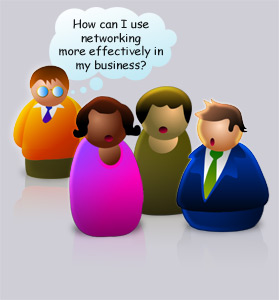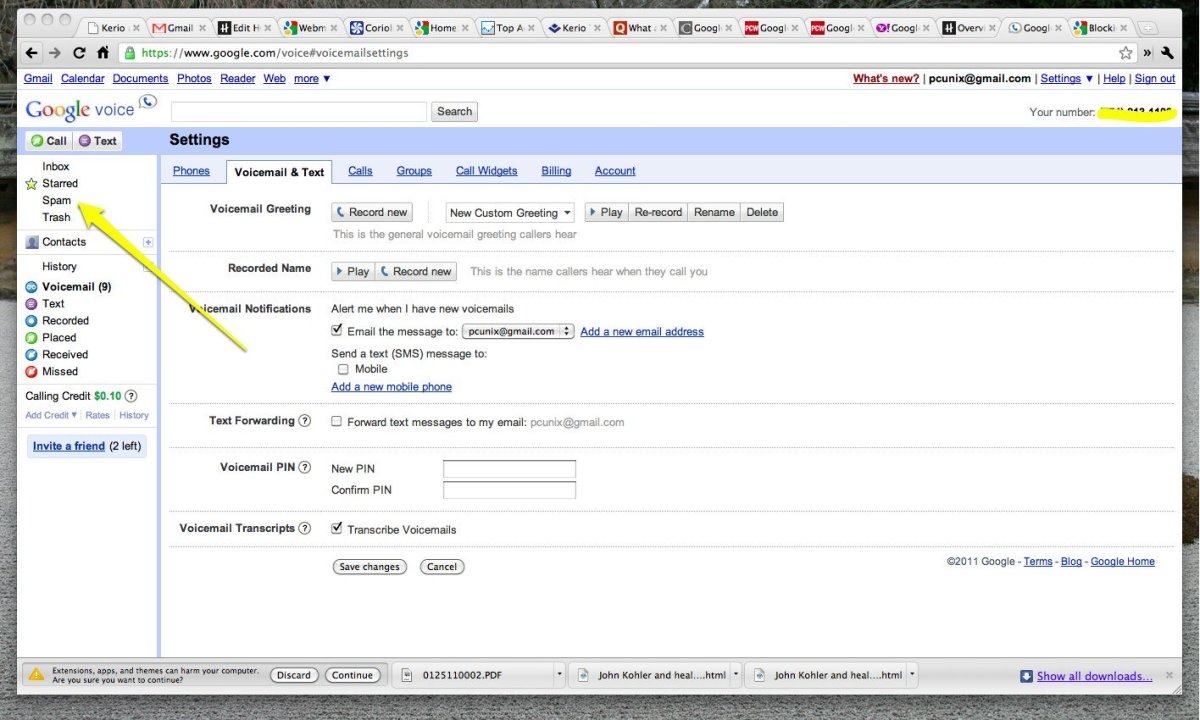Small Business Guide: Networking to Help Market your Small Business

FACT: People are more likely to do business with someone that they are familiar with.
It's true, people in general are more likely to solicit services or purchase products from someone that they know than from someone who is a stranger. In the event that they do not know someone who can provide the services ore products they desire, people often either ask people they do know for recommendations or they go with a name that sounds familiar to them. And for this reason, networking is the number one method of growing your small business.
Networking is a fancy word, but it's not particularly a fancy activity. All that it really means is that you're out there, meeting people and letting them know about your work. It's not the same thing as sales; you aren't trying to convince someone to get your product or sign up for your service right now. You're simply introducing yourself to them and making them aware of your work so that, should they need what you can offer, they think of you. If they're familiar with your name, they'll come to your first. So, networking is all about making sure you know people and that they know you.
There are two levels of networking that you need to keep in mind at all times. One is casual and the other is proactive ... and both are important to growing your small business. Casual networking just means making sure that you mention your business, as appropriate, in your every day unrelated-to-work activities. When your hairdresser asks what you do for a living, give her a genuine answer and follow it up with a business card. If you can easily see how your service might work for her, mention it. This is the kind of word-of-mouth that happens every day and it's how you spread your name.
Your casual networking is important, but it's something that will grow your business slowly. In order to get more immediate traffic increase to your business, you'll also want to do more proactive networking. This means that you'll identify locations where potential customers are likely to be and then go to those locations, even if they aren't the places that you spend time on a regular basis. Conventions, workshops, and other business activities are excellent networking locations but you should also think outside of these boxes; consider the hobbies and activity interests of those who are in your target market and begin to participate in them. For example, if you sell design services, your target may include musicians who could use your services for their CD packaging; begin attending events where musicians can be found.
Also, remember that networking doesn't just happen when you are out, walking around the world. Of course, that face-to-face connection is the best networking that there is. But you can also use online networking and phone meetings to meet others and let them know about your work. Any chance that you get to make sure that your name is heard or seen by someone is a chance that you get to make an impression on them. And if they can easily associate that name with your product or service, then they'll be more likely to come straight to you when they see a need for it in their lives.
That's what networking is all about!









